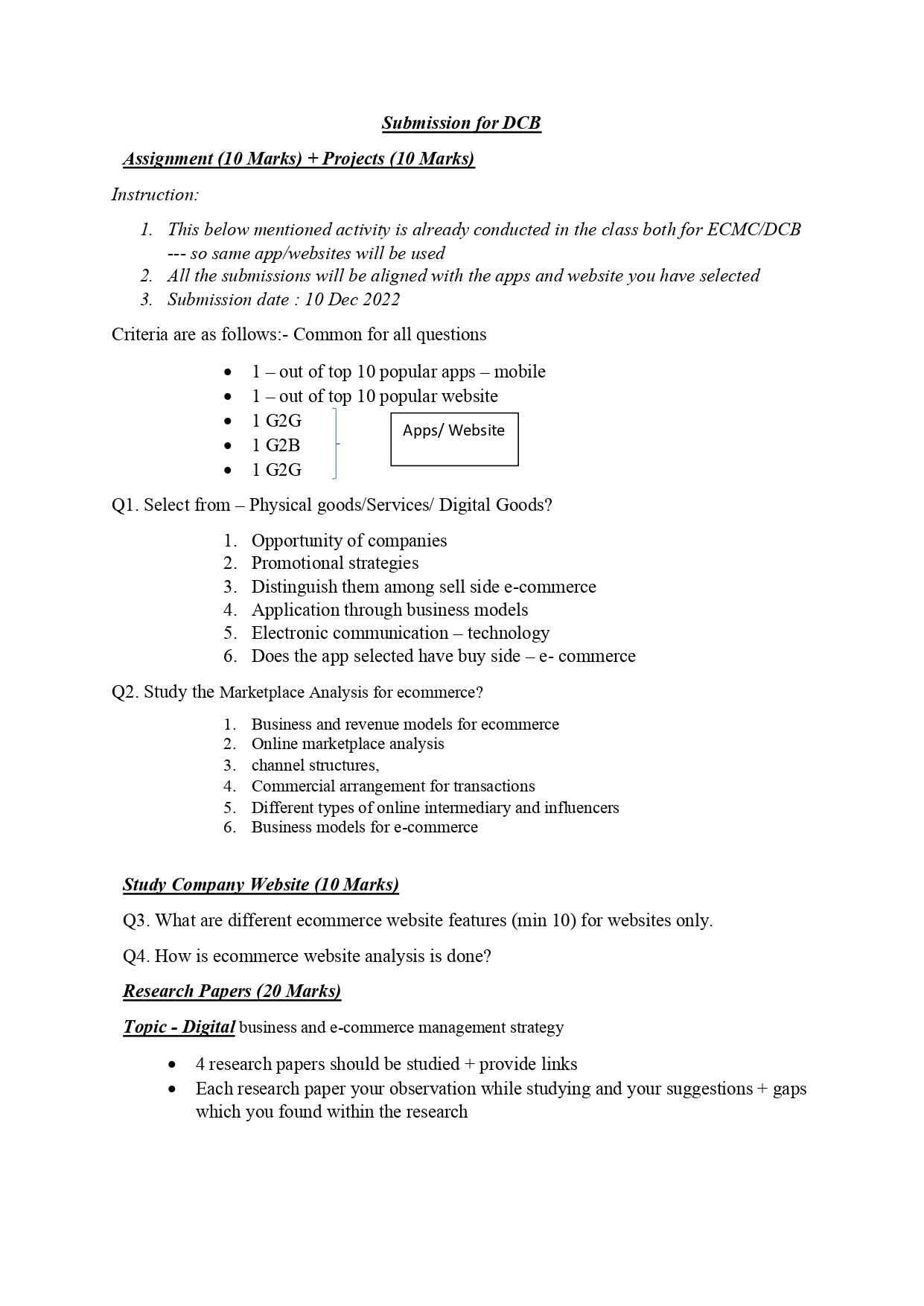D Y Patil International University, Akurdi, Pune
Search results: 1884
- Teacher: Mr. Jayant R. Pujar
- Teacher: Dr. Rahul Sharma
- Teacher: Dr. Prateek Srivastav
- Teacher: Mr. Santosh Chavan
- Teacher: Bhakti Sathe
- Teacher: Dr. Rahul Sharma
- Teacher: Dr. Prateek Srivastav
- Teacher: Mr. Santosh Chavan
- Teacher: Dr Dnyanada Hire
- Teacher: Dr. Rahul Sharma
- Teacher: Mrs.Smita Brahmachari
- Teacher: Dr. Kranti Shingate

- Teacher: Sheetal Bura
- Teacher: Abhinita Daiya
- Teacher: Nivetha krishnan
- Teacher: Dr Arvind Kumar Mathur
- Teacher: Dr Devendra Saini
- Teacher: Mrs Sarika Satpute
- Teacher: Mrs Sarika Satpute
- Teacher: Dr. Swapnil Bhurat
- Teacher: Mrs Nikita Chavan
- Teacher: Pranil Choudhari
- Teacher: Mrs Priyanka Mahajan
- Teacher: Dr Arvind Kumar Mathur
- Teacher: Vahida Pathan
- Teacher: Mrs Sarika Satpute
- Teacher: Mrs Shweta Suryavanshi
- Teacher: Pranjal Shahinath Tekade
- Teacher: Prof. Mangesh Javkhedkar
- Teacher: Dr. Kranti Shingate
- Teacher: Dr. Vijay Shah
- Teacher: Mr Ketan M Deore
Course Objectives:
1. To identify the domains in Mechanical Engineering and explain the mechanical
elements.
2. To introduce to design procedure and mechanisms.
3. To explain the basic concept of engineering thermodynamics and its application
4. To get acquainted with vehicle systems.
5. To introduce various machine tools and manufacturing processes to produce components
6. To provide introduction to Robotics
Course Outcomes
On completion of the course, learner will be able to
CO1: Know different domains in Mechanical Engineering and compare different mechanical
elements with its application.
CO2: Explain different mechanisms and design process.
CO3: Explain the basic concepts of thermodynamics and its application, principle of energy
conservation and modes of heat transfer.
CO4: Illustrate various basic parts and transmission system of a road vehicle
CO5: Describe various manufacturing processes and machine tools suitable for particular
industrial application
CO6: Explain the basics of Robotics and its applications in industries
Course Contents
UNIT-I Introduction to Mechanical Engineering 06 Hours
Mechanical Engineering and its domains: Design, Production and Thermal Engineering,
Introduction to Mechanical Industry: Design, Production, Quality control and Inspection
departments. Mechanical Elements: Holding, Supporting and Power transmitting elements
(simple numerical)
UNIT-II Fundamentals of Design and Mechanisms 06 Hours
Design: Definition, Steps in Design process, Mechanical Properties, National/International
design standards, Introduction to Machine & Mechanism.
Mechanism: Four Bar Mechanism, Slider Crank Mechanism.
UNIT-III Introduction to Thermal Engineering and Heat Transfer 06 Hours
Thermal Engineering: Laws of Thermodynamics, their Limitations and applications, IC
Engines, Refrigeration and air conditioning, Measurements of temperature and pressure.
Heat Transfer: Conduction, Convection and Radiation.(Simple Numerical)
UNIT-IV Vehicle systems 06 Hours
Introduction of chassis layouts, steering system, suspension system, braking system, cooling
system and fuel injection system and fuel supply system. Study of Electric and Hybrid
Vehicle systems. Study of power transmission system, clutch, gear box, propeller shaft,
universal joint, differential gearbox and axles. Vehicle active and passive safety
arrangements: seat, seat belts, airbags and antilock brake system.
UNIT-V Manufacturing Processes and Machine Tools 06 Hours
Manufacturing Processes: Classification, Sand Casting, Metal forming, Sheet metal working,
Machining, Metal joining & Surface finishing processes.
Machine Tools: Introduction to Conventional Lathe, Drilling machine CNC, VMC.
UNIT-VI Fundamentals of Robotics 06 Hours
Laws of Robotics, Classification of Robots, Robot anatomy, Point to Point and Continuous
path robotic systems, Joints, End Effectors, Grippers, Robot Specification, General
considerations and Applications of Robot.
Books & Other Resources
Text Books
1. Nag, P. K., “Engineering Thermodynamics,” Tata McGraw-Hill Publisher Co. Ltd.
2. Chaudhari and Hajra, “Elements of Workshop Technology”, Volume I and II, Media
Promoters and Publishers, Mumbai
3. Agrawa1,Basant and Agrawal, C. M., (2008), “Basics of Mechanical Engineering”,
John Wiley and Sons, USA
4. Rajput, R.K., (2007), “Basic Mechanical Engineering”, Laxmi Publications Pvt. Ltd.
5. Pravin Kumar, (2018), “ Basic Mechanical Engineering, 2nd Ed.”, Pearson (India) Ltd.
6. Moran, M. J., Shapiro, H. N., Boettner, D. D., and Bailey, M. “Fundamentals of
Engineering Thermodynamics”, Wiley
7. Surinder Kumar, (2011), “Basic of Mechanical Engineering”, Ane Books Pvt. Ltd.
New Delhi
Reference Books
1. Khan, B. H., “Non Conventional Energy Sources, Tata McGraw-Hill Publisher Co. Ltd.
2. Boyle, Godfrey, “Renewable Energy”,2nd Ed., Oxford University Press
3. Khurmi, R.S. ,and Gupta, J. K.,“A Textbook of Thermal Engineering”, S. Chand & Sons
4. Incropera, F. P. and Dewitt, D.P., (2007), “Fundamentals of Heat and Mass Transfer, 6th
Ed., John Wiley and Sons, USA
5. Groover,Mikell P., (1996), “Fundamentals of Modern Manufacturing:
Materials, Processes, and Systems”, Prentice Hall, USA
6. Norton, Robert L., (2009), “Kinematics and Dynamics of Machinery”, Tata McGrawHill
7. Cleghorn, W. L., (2005), “Mechanisms of Machines”, Oxford University Press
8. Juvinal, R. C., (1994), “Fundamentals of Machine Component Design”, John Wiley and
Sons, USA
9. Ganeshan, V., (2018), “Internal Combustion Engines”, McGraw Hill
Anderson, Curtis Darrel and Anderson,Judy, (2010), “Electric and Hybrid Cars: A
History”, 2nd Ed., McFarland
- Teacher: Dr Keval Nikam
- Teacher: Sonali Bagade
- Teacher: Sonali Bagade
- Teacher: Prof. Mangesh Javkhedkar
- Teacher: Ms Shilpa Marathe
- Teacher: Dr. Kapil Sharma
- Teacher: Suraj Shete
